Table of Contents
ToggleNext killer apps on Blockchain, Farmville was the poster child for these apps that capitalized on the network effect and powered Facebook to become an Internet behemoth. Steve Jobs, never one to miss a trick, opened the iPhone app store to developers. Then came the golden age of the mobile app. Top apps like Whatsapp, Instagram, Uber, and Snapchat were developed at the time. There is an app for everything nowadays. Mobile has since moved up the S-curve of technology adoption, which refers to the cumulative rate of adoption, indicating that the market is approaching saturation. Great mobile apps will continue to be developed, but the low-hanging fruit has been harvested.
What happens now that the mobile revolution has put a computer in the hands of every human? Building apps on blockchains appears to be the next frontier of this decade. Blockchains are virtual computers that run on top of physical computer networks. They have new properties and capabilities that previous types of computers did not. The Bitcoin Blockchain was the first blockchain, consisting of a public, peer-to-peer transparent ledger on every computer in the network. Miners protect this network by solving complex computer problems in order to create the next block in the blockchain. They are compensated with Bitcoin for their time and effort in securing the network and validating transactions.

Miners protectthis network by solving complex computer problems in order to create the next block in the blockchain. They are compensated with Bitcoin for their time and effort in securing the network and validating transactions.
However, there are only so many things one can do with Bitcoin. To overcome these constraints, Vitalik Butterin, a 19-year-old Russian developer, created a new language and a new programmable blockchain called Ethereum. When blockchains have highly expressive, near-Turing-complete programming languages, they are programmable. Expressive means that it is simple to write code that is understandable by both the compiler and a human reader. A Turing Complete system is one in which an answer can be found using a program. Turing Completeness indicates that the program’s codebase can be used to perform virtually any task. So far, Ethereum is the most popular programmable blockchain.

DAO is another emerging hot trend. A non-centralized organization is a decentralized autonomous organization (DAO).. They have rules that are enforced via a blockchain. DAOs are global, internet-native groups that manage and share resources, build products and services, and collaborate to achieve common goals. The primary benefit of DAOs is that they provide a solution to the principal-agent dilemma, which is a conflict of priorities between a person (the principal) and those acting on their behalf (the agent). A relationship between stakeholders and a CEO is one example. The agent (the CEO) may act in their own self-interest rather than in accordance with the priorities and goals of the principal (the stakeholders). Another common example is a rogue trader (agent) who can use extreme leverage to chase a performance bonus, confident that the bank (principal) will cover any losses.
Social tokens, also known as personal tokens, community coins, and creator coins, are built on the same blockchain model as popular cryptocurrencies such as Bitcoin or Ether. For a long time, creators – whether writers, artists, musicians, or thought leaders – have faced barriers to monetizing their work. Currently, they must rely on platforms such as YouTube, Spotify, and Substack, which take 10-20% of their earnings. As a result, fans and followers have few opportunities to participate in the creators’ growth. Fans can access private content and vote to influence creators’ work by owning a symbolic part of the creation. Social tokens are new online revenue streams for creators. They enable the development of micro-economic fandoms and empower creators by removing rent-seeking intermediaries.
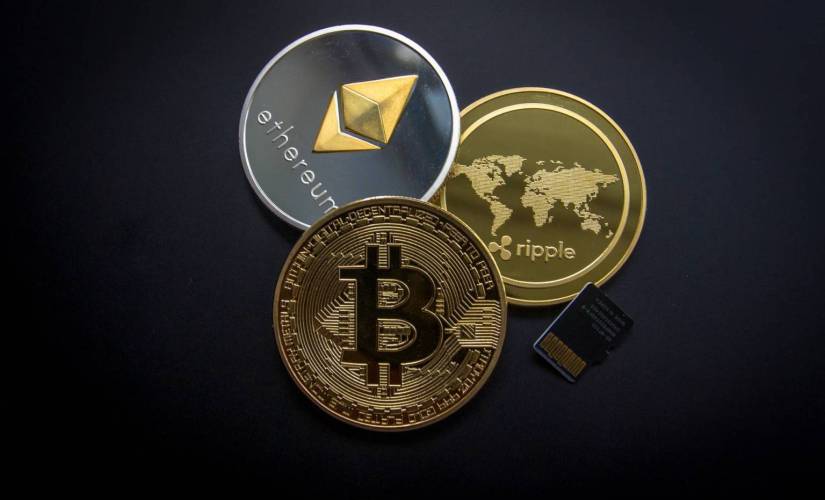
Are blockchain-powered social networks on the horizon? Today’s social networks are similar to Big Brother in that they monitor every click you make and every video you watch. They have unprecedented power in terms of canceling people, shaping public opinion, and spreading fake news. By definition, blockchain-based social networks are peer-to-peer and use a distributed ledger format. This means that data is distributed across all users rather than being concentrated in a single point. Users can freely share their content without fear of being banned or shadow banned.
We often compare the crypto space to the Netscape era, when people were just learning about the internet. We believe that, just as the Internet transformed several industries – media, communications, entertainment, finance, and so on – this revolution will change lives as we know them. Never before have we been able to send a million dollars to someone halfway around the world by simply clicking a button and doing so almost instantly. Never before have specific finance tasks been completed without the use of middlemen. This is a perfect storm of creativity. What an exciting time to be alive!


